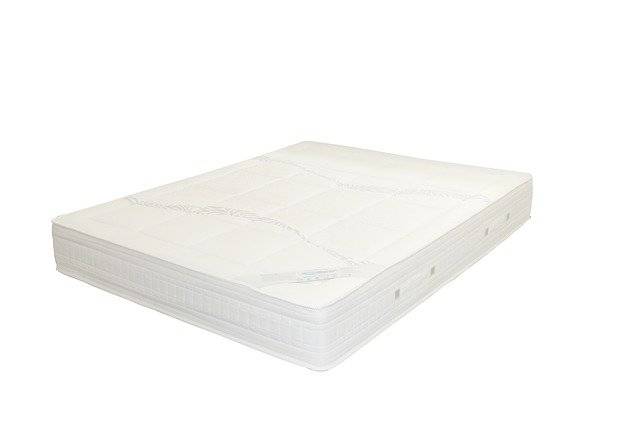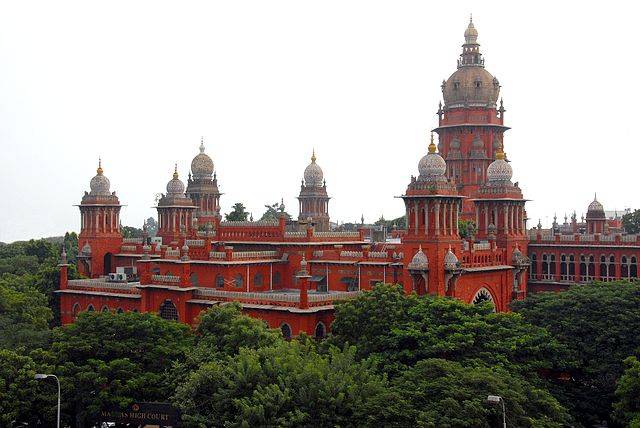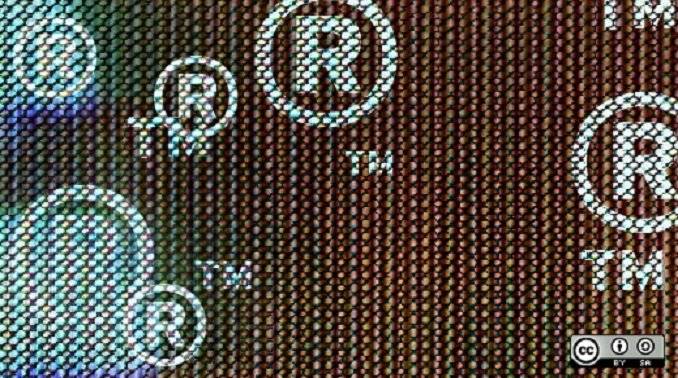This article was contributed by Swastika Chakravarti.
How important are phonetics in trademarks, you ask? The General Court of the European Union has an answer for you. In deciding a matter between Pay TV giant, Sky and Microsoft (owners of Skype), the Court relied on the similarity of signs in terms of concept and phonetics to deny Microsoft a trademark for Skype in Europe. Holding that the pronunciation of ‘y’ in Skype is no shorter than in Sky, the Court…










